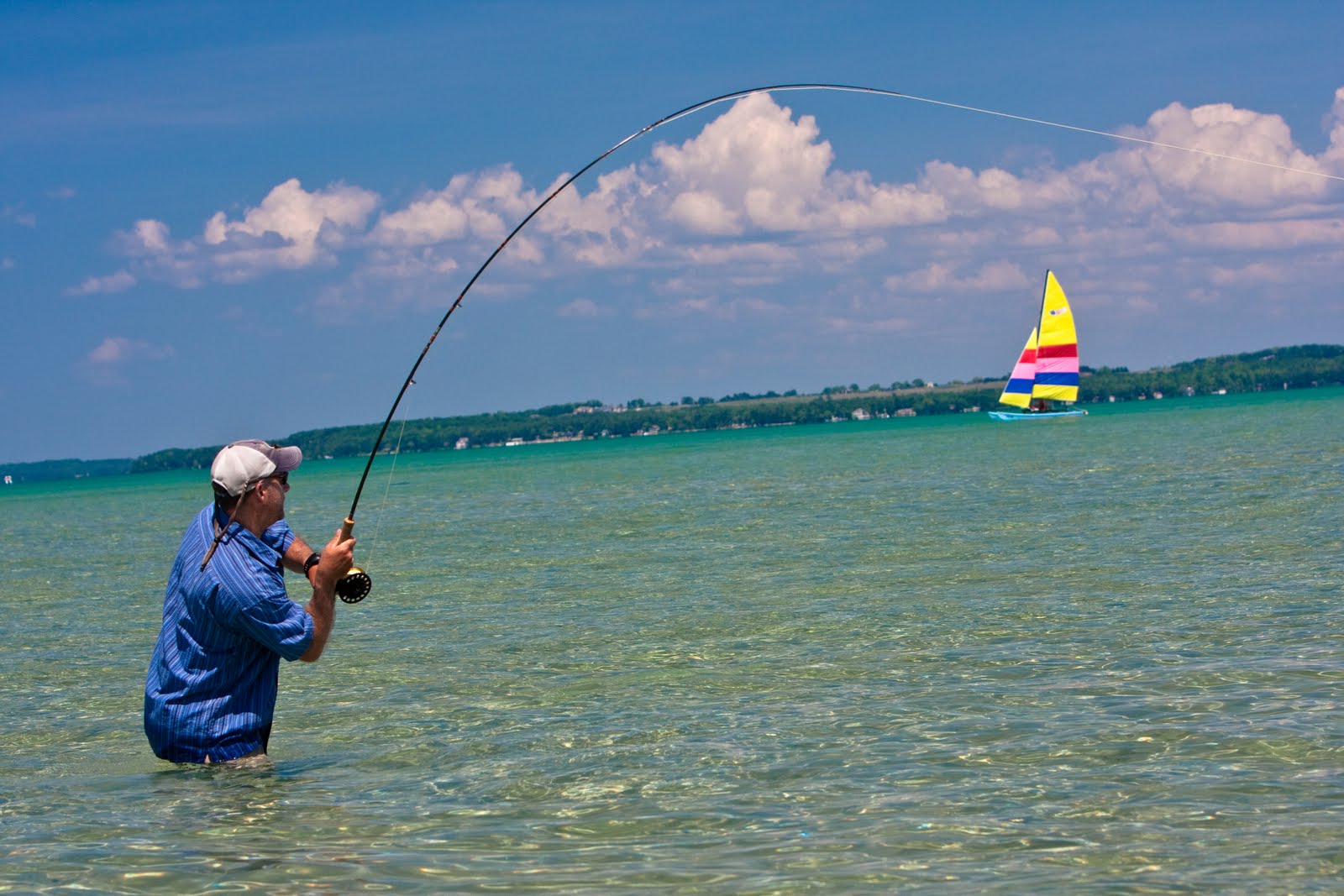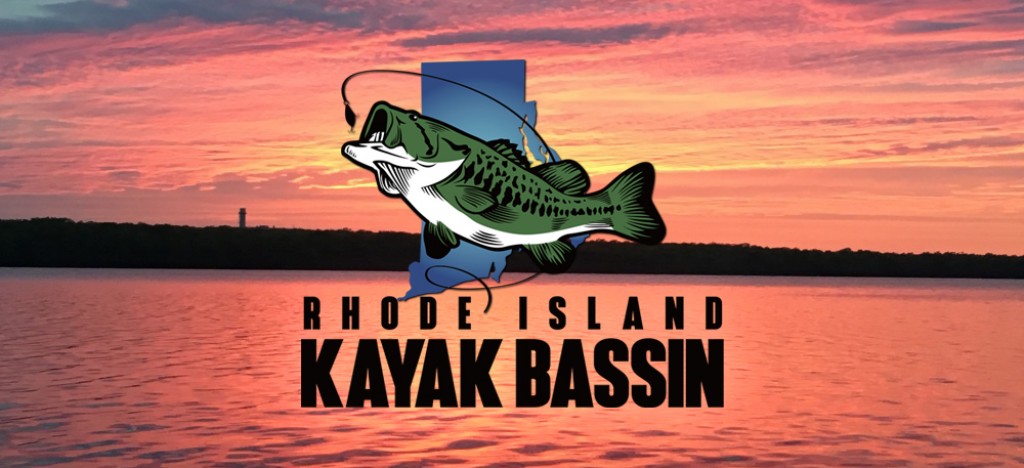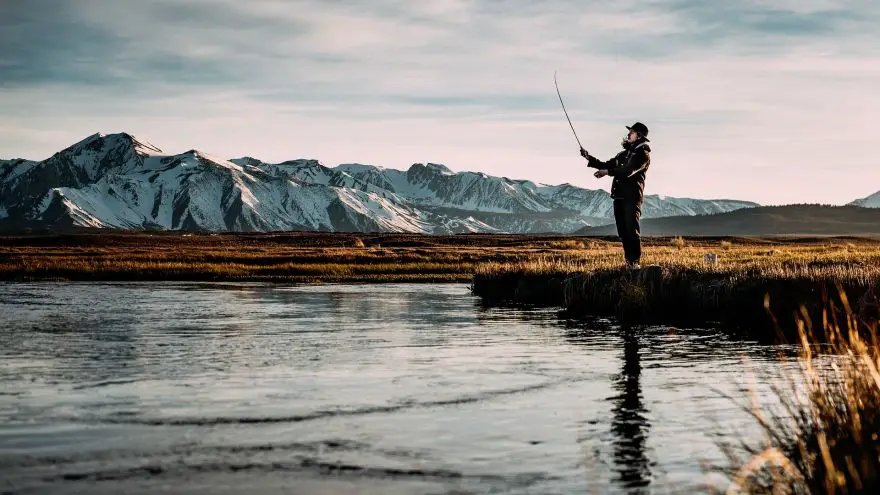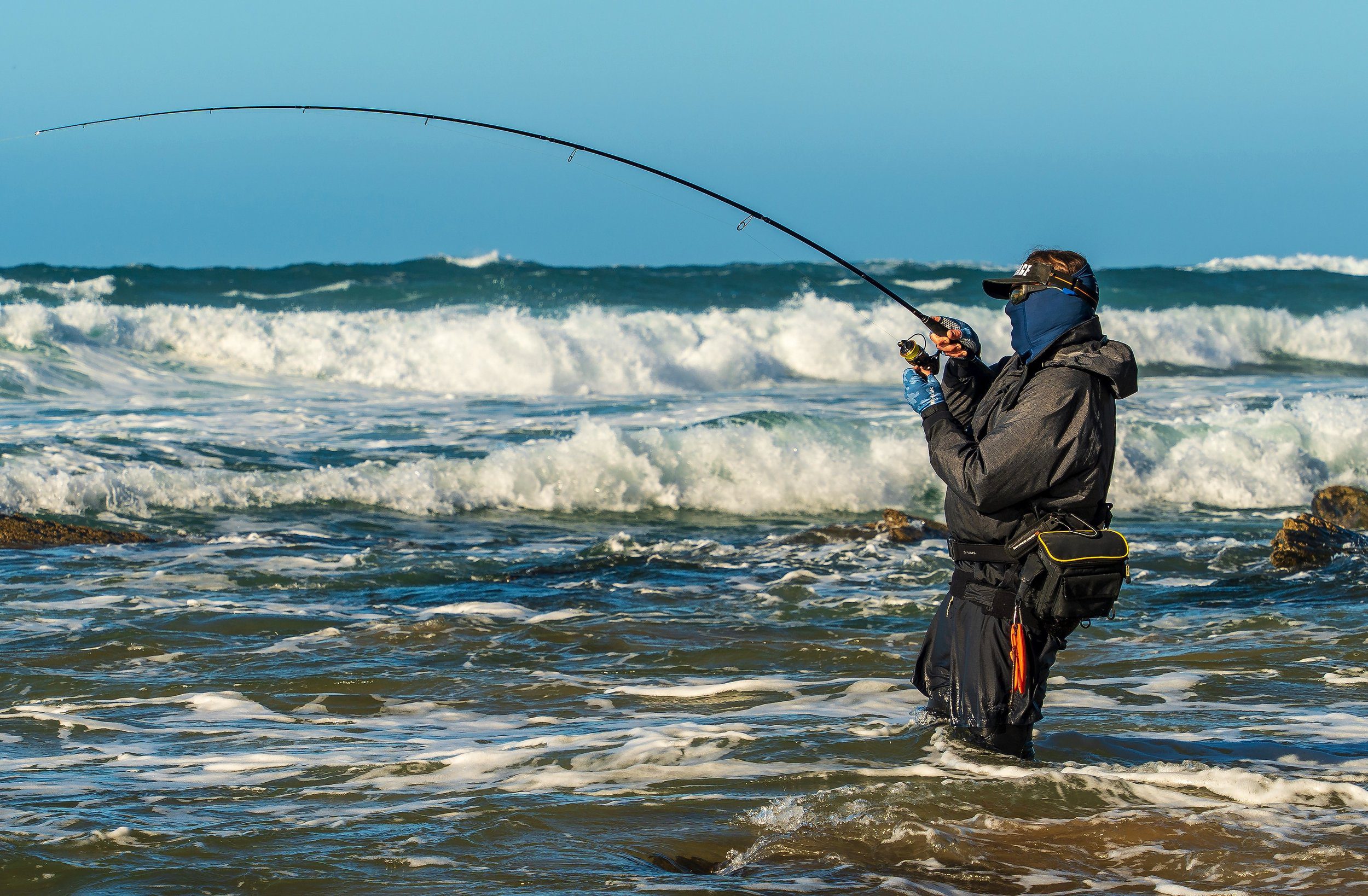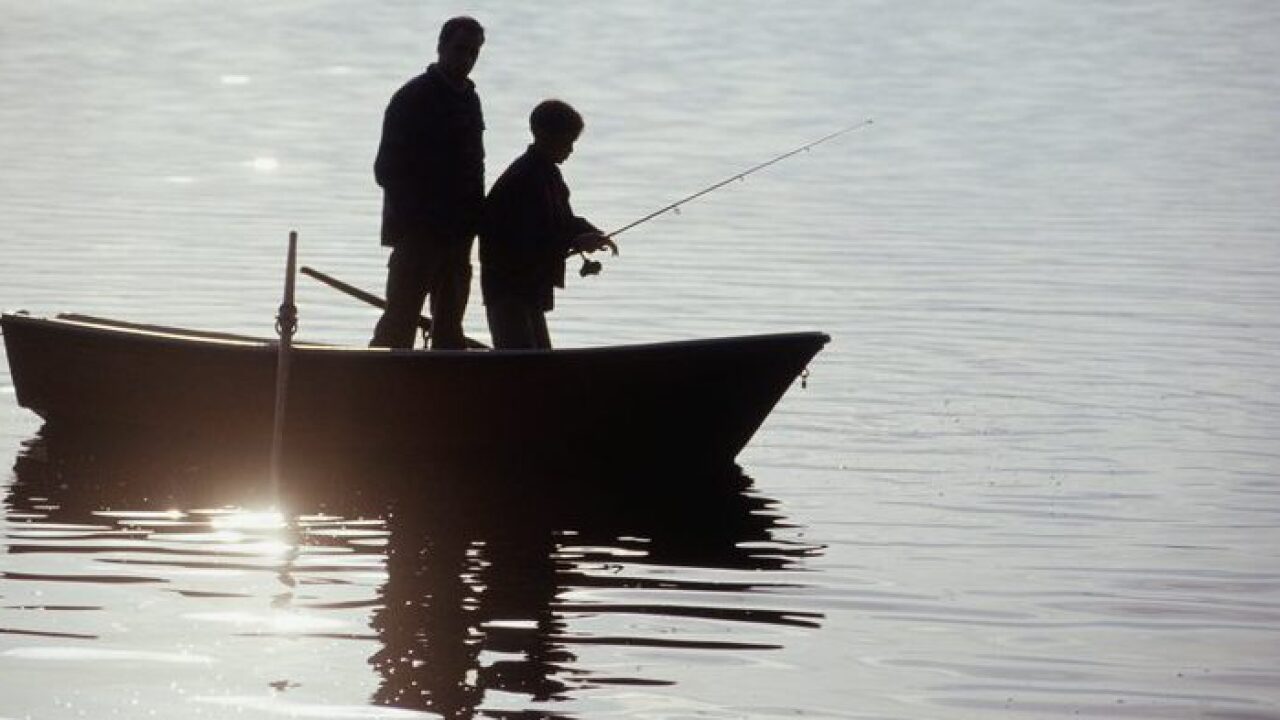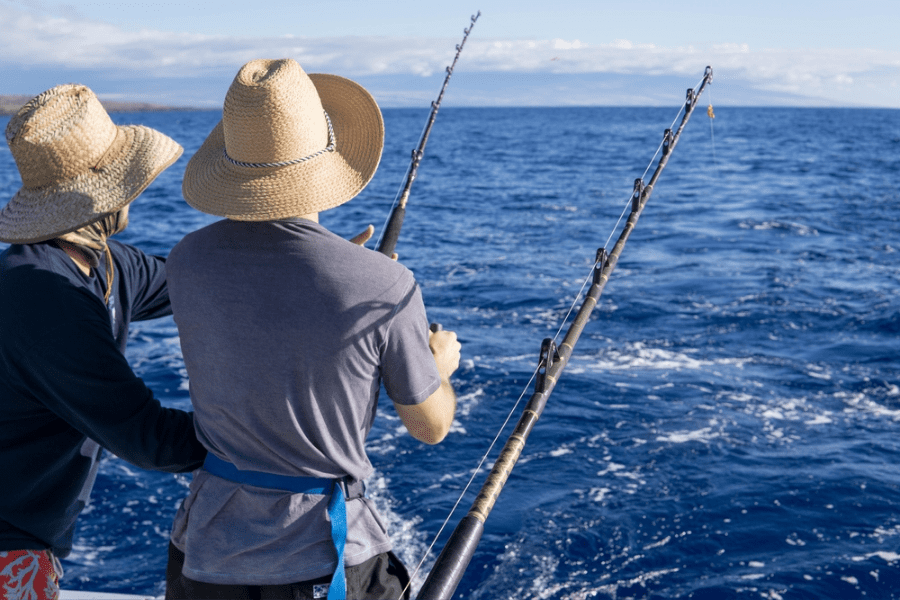Pennsylvania’s portion of Lake Erie offers some of the finest freshwater fishing in the country, with abundant populations of walleye, yellow perch, steelhead, and bass. However, before casting your line, it’s essential to understand the special permits and regulations that govern these waters. This comprehensive guide covers everything you need to know about fishing legally in Lake Erie and its tributaries within Pennsylvania.
Lake Erie Permit Requirements
All anglers fishing in Pennsylvania waters of Lake Erie, Presque Isle Bay and their tributaries are required to possess a valid Lake Erie permit or Combination Trout/Salmon/Lake Erie permit in addition to their regular Pennsylvania fishing license.
This requirement applies to all major tributaries including:
- Cascade Creek
- Conneaut Creek
- Crooked Creek
- Eightmile Creek
- Elk Creek
- Fourmile Creek
- Mill Creek
- Raccoon Creek
- Sevenmile Creek
- Sixmile Creek
- Sixteenmile Creek
- Turkey Creek
- Twelvemile Creek
- Twentymile Creek
- Walnut Creek
The requirement also extends to all waters that flow into these main tributaries, creating an extensive network of regulated fishing areas.
Important Permit Exemptions
Certain locations and individuals are exempt from the Lake Erie Permit requirement:
- Anglers fishing the East and West Basin ponds (Waterworks Ponds, Presque Isle State Park) do not need a Lake Erie Permit
- Anglers fishing inland ponds, lakes and reservoirs in Erie County do not need a Lake Erie Permit
- The following persons are exempt from the permit requirement (though not specifically listed in the search results, this would typically include disabled veterans and senior lifetime license holders)
Combination Permit Option
Many anglers will need both a trout permit and a Lake Erie permit when fishing in the Erie area. Rather than purchasing these individually, a Combination Trout Lake Erie permit can be purchased as a more cost-effective option.
Season, Size, and Creel Limits
The following regulations apply to Lake Erie, Presque Isle Bay, peninsular waters, and all Lake Erie tributaries in their entirety:
| Species | Season | Minimum Size | Daily Limit |
|---|---|---|---|
| Walleye | Jan. 1 through March 14 and May 4 through Dec. 31 | 15″ | 6 |
| Yellow Perch | Dec. 1 through April 30 | 7″ | 30 |
| Yellow Perch | May 1 through Nov. 30 | None | 30 |
| Bass (Largemouth & Smallmouth) | Jan. 1 through April 12 and June 8 through Dec. 31 | 15″ | 4 (combined) |
| Bass (Largemouth & Smallmouth) | April 13 through June 7 | 20″ | 1 |
| Muskellunge and Tiger Muskellunge | Open year-round | 40″ | 1 |
| Northern Pike | Open year-round | 24″ | 2 |
| Trout (Rainbow) and Salmon | 8 a.m. April 6, 2024, until 12:01 a.m. the Friday before the next year’s opening day | 15″ | 3 (combined) |
| Trout (Brook and Brown) | 8 a.m. April 6, 2024, until midnight September 4, 2024 | 9″ | 5 (combined) |
| Trout (Brook and Brown) | 12:01 a.m. on September 5, 2024, until 12:01 a.m. on the Friday before the opening day of the regular trout season | 15″ | 3 (combined) |
| Trout (Lake) | 8 a.m. on April 6, 2024, until 12:01 a.m. the Friday before the next opening day | 15″ | 2 |
| Baitfish/Fishbait | Open year-round | No minimum | 50 (combined) |
| American Eel | Open year-round | 9 inches | 25 |
| Sunfish, Crappies, Catfish, Rock Bass, Suckers, Eels, Carp, White Bass | Open year-round | No minimum | 50 (combined) |
Regulations are updated as daily limits are announced
Special Tributary Regulations
Lake Erie’s tributary streams have several important special regulations that anglers must observe:
Nursery Waters
The following areas are designated as Nursery Waters where fishing is prohibited:
- Trout Run and its tributaries
- Godfrey Run
- Orchard Beach Run
- Crooked Creek (where posted)
It is unlawful to fish, wade, or possess fishing equipment while in or along these designated Nursery Waters.
Tributary Fishing Restrictions
- Archery fishing and spear fishing are prohibited in or along all Lake Erie tributary streams
- From September 4 until opening day of trout season in April, all Lake Erie tributary streams are closed to fishing from 10 p.m. until 5 a.m. the following day, with exceptions for:
- Walnut Creek north of Manchester Bridge Road
- Elk Creek north of Route 5
- It is unlawful to fish from 10 p.m. until 5 a.m. within 50 yards of the mouth of both Trout Run and Godfrey Run while fishing the Lake Erie shoreline
- It is unlawful to fish or possess trout or salmon in or along any Lake Erie tributary stream from 12:01 a.m. on April 2 until 8 a.m. on April 3 (32 hours total)
Bass Tournament Restrictions
It is unlawful to conduct or participate in a fishing tournament for bass on Lake Erie or Presque Isle Bay during the period from opening day of the trout season in April until midnight the first Saturday after June 11.
License and Permit Display Requirements
Recent changes have affected how anglers must carry their fishing licenses and permits:
- WHILE FISHING, your license must be on your person, but the display requirement has been removed
- Anglers must be prepared to furnish positive proof of identification
- This applies to all permits including the Lake Erie Permit and Combination Trout/Salmon/Lake Erie permit
Free Fishing Days
Pennsylvania offers two Fish-for-Free Days annually where anyone can legally fish without a license or permits:
- Sunday, May 25, 2025
- Friday, July 4, 2025
During these days, no fishing license is required and Trout/Salmon and Lake Erie permits are also not required. All other fishing regulations still apply.
Charter Boat and Fishing Guide Information
If you’re considering hiring a charter boat or fishing guide for your Lake Erie fishing adventure, they must possess the appropriate permits. Charter operators should have all necessary permits and licenses for their services, but always verify before booking.
Additional Resources
For the most up-to-date information on Lake Erie fishing regulations and to purchase required permits, visit:
- Pennsylvania Fish and Boat Commission
- US Fishing Licenses – Pennsylvania
- US Fishing Licenses – Pennsylvania Fishing License Costs
- US Fishing Licenses – How Much is a Fishing License in Pennsylvania
Conclusion
Fishing Lake Erie and its tributaries in Pennsylvania offers exceptional opportunities for anglers, but requires understanding and following specific regulations. The Lake Erie Permit is mandatory for most waters, with important seasonal restrictions and catch limits designed to protect and sustain fish populations. By following these regulations, you’ll help ensure that Lake Erie remains a premier fishing destination for generations to come.
Remember that regulations can change annually, so always verify current rules before your fishing trip. This approach ensures both a legal and enjoyable fishing experience on Pennsylvania’s magnificent Lake Erie waters.

